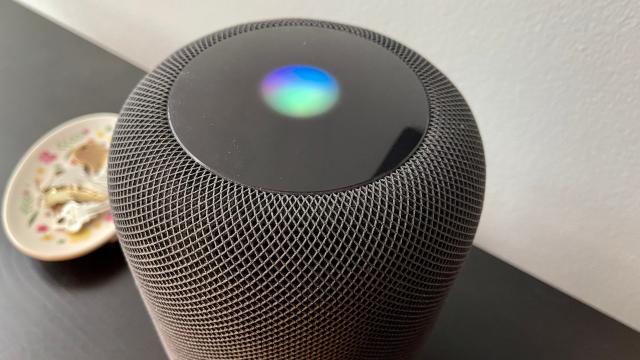The latest update to the iOS 14.5 beta won’t fix all of our gripes with Siri, but it does introduce a few major changes for Apple’s digital assistant. For starters, Siri will no longer be feminine by default for English speakers. Instead, once iOS 14.5 is officially pushed out, iOS users will be prompted to pick their preferred Siri voice during setup.
Per TechCrunch, the move is part of a larger effort to make the digital assistant more inclusive. In addition to letting users choose how they want Siri to sound, the beta version also adds two new English voices. Reportedly, the two new Siri voices were created by running “source talent recordings” through Apple’s Neural text to speech engine. The idea is to offer a Siri that sounds more organic with smoother transitions and is capable of generating responses in real-time.
“We’re excited to introduce two new Siri voices for English speakers and the option for Siri users to select the voice they want when they set up their device,” Apple said in a statement to TechCrunch. “This is a continuation of Apple’s long-standing commitment to diversity and inclusion, and products and services that are designed to better reflect the diversity of the world we live in.”
This is a welcome development, as diversity extends to speech patterns and regional dialects. Giving users the ability to pick a Siri that best suits them is the next logical step in creating a digital assistant that feels natural to interact with. Likewise, expanding the types of voices available will eventually help create a digital assistant with fewer unintended biases. Right now, Siri — as well as Alexa and Google Assistant — sometimes stumbles when it comes to naming non-John Smiths of the world, making features like texting or calling via Siri for certain friends or family unreliable.
This change also addresses the inherent sexism that was initially built-in with digital assistants. For years, Apple, Amazon, and Google have been criticised for failing to foresee the implicit gender biases of making digital assistants feminine by default. (Though, it should be noted that in some countries, like the U.K., Siri is masculine by default, or “Male” as it is designated on the menu.)
A 2019 UN report found that digital assistants reinforced gender stereotypes, such as women being more subservient and accommodating to instances of verbal abuse. Famously, a 2017 Quartz report delved into how each digital assistant coded as female responded to sexual harassment. The results were lacklustre, to say the least. When told “You’re a bitch” or “You’re a slut,” Alexa at the time would respond with a meek “Well, thanks for the feedback.” Samsung also caught flack for adding sexist tags to feminine and masculine versions of Bixby.
Tech companies seemed to take this criticism to heart, with many programming more progressive responses to loaded questions like, “Are you a feminist?” or “Do Black lives matter?” In the aftermath, Apple, Google, and Microsoft also added male voice options. The ability to choose which voice you preferred was also added, though crucially, not during setup. That meant if you wanted a different voice, you had to know that option was available to you and then figure out how to change that setting. Apple allowing users to decide during setup is a small, but meaningful change.
